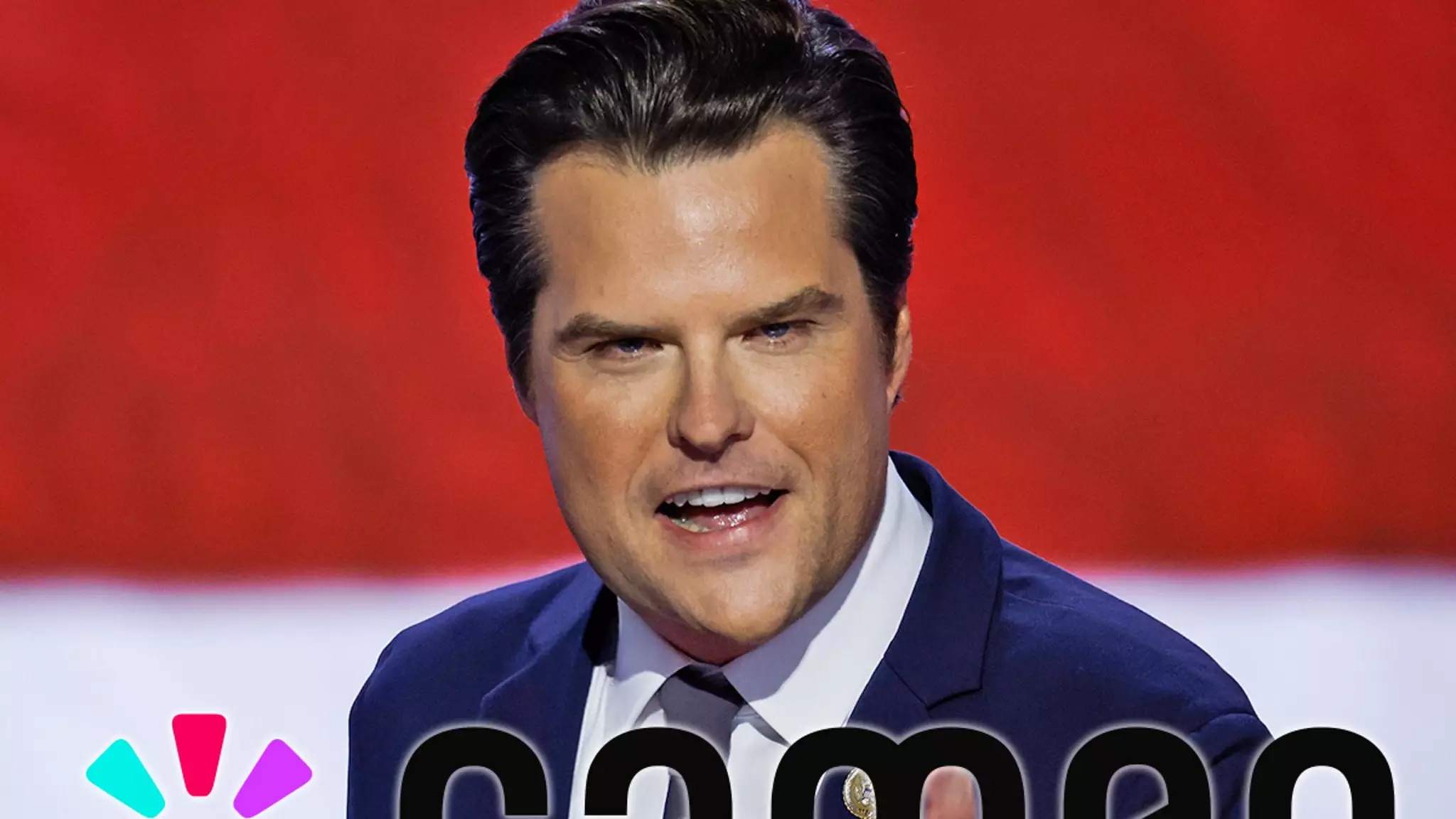Recent weeks have been nothing short of dramatic for Matt Gaetz, the former congressman from Florida. His saga kicked off with a potential nomination to become Donald Trump’s Attorney General, a move that caught many off guard given the cloud of sexual misconduct allegations hanging over him. Traditionally, high-profile political figures seek to bolster their careers with such nominations, but for Gaetz, this opportunity felt more like a last-ditch effort to reclaim some semblance of relevance in the political landscape.
The shockwaves of this announcement reverberated throughout the media; observers were quick to scrutinize Trump’s choice. Critics questioned the appropriateness of selecting someone with ongoing controversies, while supporters speculated on Gaetz’s loyalty and alignment with Trump’s ideologies. However, just as quickly as the winds shifted in his favor, they turned against him. Gaetz swiftly withdrew his name from consideration, claiming he did not wish to become a “distraction” for Trump. This rationale feels eerily reminiscent of political figures who resign under pressure, attempting to save face.
With his political aspirations seemingly dashed, Gaetz found himself navigating the uncertain waters of unemployment. He had relinquished his congressional seat to pursue the Attorney General position and appeared to have nowhere to turn. In a surprising twist, he pivoted to the digital space, specifically the Cameo app, where he began selling personalized videos at a price point of $525.
This decision underscores a broader trend where former politicians seek alternative revenue streams post-public service. It prompts the question: is this the new norm for disgraced public figures? Cameo has become a platform for fading stars to monetize their personas, and now it appears that political figures are following suit. Gaetz’s bio on Cameo not only highlights his previous experiences but also adopts a self-deprecating humor that could charm potential buyers. Phrases like “I once fired the House Speaker” are indicative of his desire to maintain relevance, even as he grapples with the fallout of his political career.
Gaetz’s foray into the Cameo marketplace raises several considerations about the intersection of politics and digital media. His ability to redefine himself as a ‘celebrity’ of sorts reflects an ongoing shift in how society perceives public figures. Once esteemed and scrutinized by constituents, now the measure of success seems to lay in social media presence and engagement, often at the expense of traditional political values.
This phenomenon is not unique to Gaetz. His foray into Cameo mirrors the path taken by another controversial figure, former Rep. George Santos, who has likewise resorted to crafting a niche in the personalized video market. It begs the query: Are these individuals merely capitalizing on their notoriety, or are they seeking redemption in a landscape where public attention is fleeting yet lucrative?
Matt Gaetz’s recent transition from potential Attorney General to Cameo seller is emblematic of the shifting paradigm in both politics and social media celebrity culture. It serves as a cautionary tale about the fragility of political power and the evolving ways in which public personas can reinvent themselves when faced with adversity. As the political landscape continues to change, one wonders who will be next to turn to Cameo in search of relevance and income.

Leave a Reply